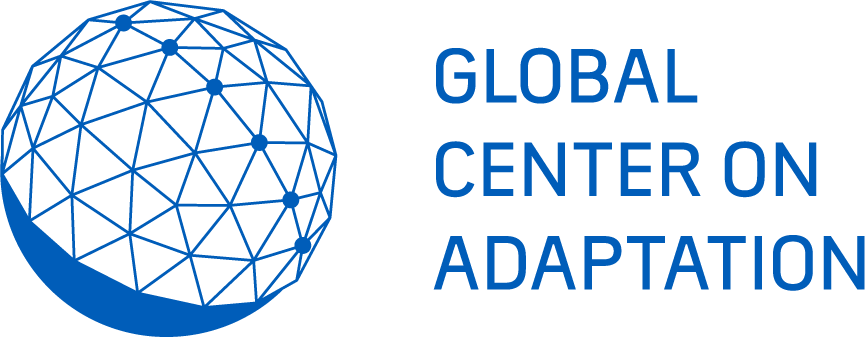Description
Ethiopian smallholder farmers are heavily dependent on subsistence agriculture. The Ethiopian government launched the Productive Safety Net Program (PSNP) in 2005 in partnership with international organizations, aid donors. The program finances conditional or unconditional cash or food transfers for undertaking public works or social infrastructure e.g. building terraced hill slopes for water retention etc. in response to chronic food insecurity or short-term shocks like droughts targeting the highly-climate vulnerable population. On an annual basis, the program reaches over 8 million households or about 7% of the population. It is one of the largest such programs in Africa and is embedded in the Government of Ethiopia’s Climate Resilient Green Economy (CRGE) strategy.
Stage of Implementation
In November 2020, Phase V of PSNP began through Strengthen Ethiopia’s Adaptive Safety Net Project (SEASN) project. This financing includes a USD 200 million credit and a USD 312.5 million grant, with additional support from USAID (USD 430 million), UK FCDO (USD 281 million) and Government of Ethiopia (USD 600 million). The project aims to expand geographic coverage and enhance service delivery of PSNP and effectively respond to disasters.
Actors Involved
- African Governments: The program will be financed and managed by various government agencies like the Ministry of Agriculture and Natural Resources (MoANR), Ministry of Finance and Economic Cooperation (MoFEC), Ministry of Labour and Social Affairs (MoLSA). Government support in finance and execution is crucial to achieving the scale in such social protection programs.
- DFIs: 10 development partners have co-financed the program including the World Bank. These partners are the Canadian Government, Danish International Development Assistance (DANIDA), Embassy of the Kingdom of the Netherlands, European Union, Government of Ireland, DFID, United Nation’s Children Fund, USAID, and the WFP. The DFIs play a role in offering technical assistance in climate risk assessment and resilience building.
- Foundations/development agencies: The CSI implementing consortium is led by CARE with other organizations including SNV, Farm Africa, ORDA, REST and Mercy Corps. These institutions are critical to providing the relevant technical expertise for monitoring, evaluation, conducting pilot-testing, enhance gender mainstreaming etc.
Criteria
Countries with relatively challenging underlying market and policy conditions are well suited to this instrument because it is largely concessional in nature. This could include countries with low sovereign credit ratings, high sovereign debt, and limited capital markets. The implementing environment does require at least some monitoring and evaluation capacity in the form of at least a sufficiently stable political environment to allow for the evaluation of progress to take place.
Applicable Countries
Numerous public works safety net programs being deployed and expanded throughout Sub-Saharan Africa (SSA) and beyond which have the potential to integrate adaptation benefits and access international climate finance e.g. Kenya’s Hunger Safety Net Programme and the CT-OVC Cash Transfer, the Republic of Malawi’s Dowa Emergency Cash Transfers and the Mchinji Food and Cash Transfer, the Republic of Ghana’s Livelihood Empowerment Against Poverty and the Republic of Rwanda’s Vision 2020 Umerenge Programme.


